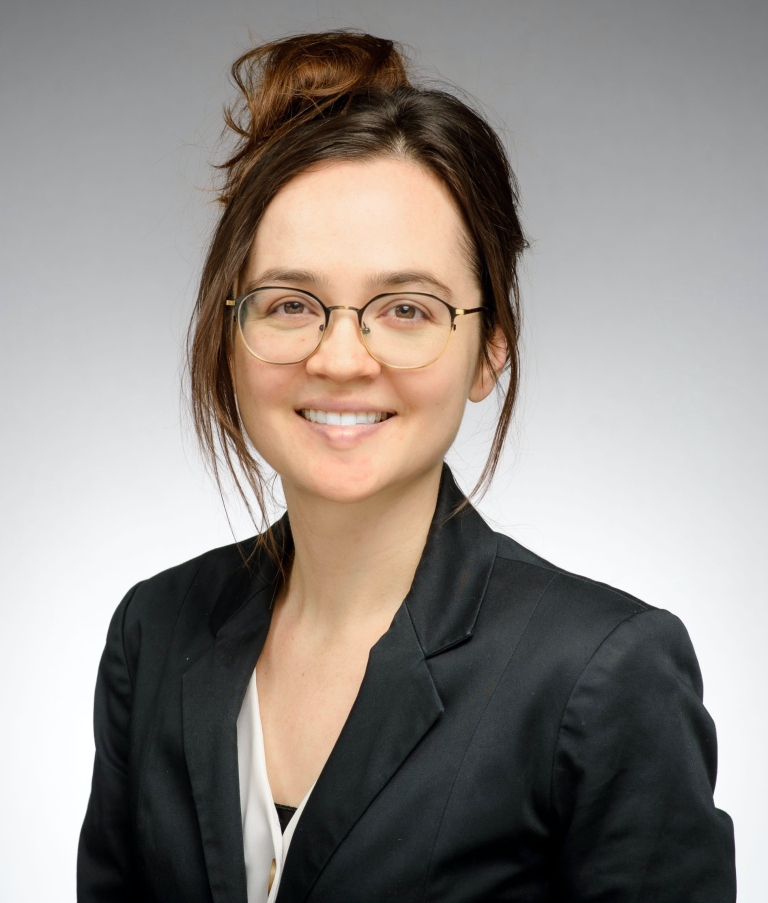
I am a political scientist with a PhD from the University of Notre Dame. Beginning in July 2024, I will be a postdoctoral fellow at the Perry World House at the University of Pennsylvania. My research areas are comparative politics, political methodology, and political theory, and I have interests in environmental policy, disasters, governance, and public goods, with a particular focus in South Asia. I employ both quantitative and qualitative methods, and I am especially interested in networks, Bayesian statistics, time series, and mixed methods approaches. I’ve led the creation of two statistical software R packages and maintain a third. Feel free to look at what I’m working on on my GitHub page.
I am on the job market this year for positions in comparative politics/IR, policy, and/or methods. Please feel free to contact me for relevant materials.
The book project from my dissertation work focuses on the politics of disasters through a subnational design in three urban centers of the Kathmandu Valley, Nepal. The stand-alone substantive paper that accompanies the larger project incorporates over 120 interviews and a household-level survey (n = 1800) to investigate how residents view the governance of disasters by non-governmental actors, local governing bodies, and national bodies of government. The stand-alone methods paper further dives into the survey data to explore how we conceptualize and measure latent ‘clusters.’ In addition to the larger book project, I have ongoing solo-authored and collaborative projects investigating ward-level gender quotas, ‘active’ citizenship and electricity, social dimensions of earthquake early warning systems, migration, gender and reconstruction, and hydropower governance. Some of my research has been published in Global Environmental Politics and Disasters.
My research agenda, largely put, centers around how people, communities, and institutions are affected by changing physical and political environments, and how this process interacts with environmental hazards to affect future trajectories of politics and policies in turn. For this reason, my methodological work involves questions of interdependence, time, and robustness, and my substantive work draws from multiple disciplines, frameworks, and levels of analysis.
Trips to Nepal for data collection and language training–around 18 months in the years of 2018 to 2023–have been funded by the Kellogg Institute for International Studies, the Liu Institute for Asia and Asian Studies, the Institute for Advanced Studies, and the Fulbright Program. My Nepal-based affiliates include the Institute of Engineering (IoE) in Pulchowk, the Samaanta Foundation, and the Martin Chautari Research Group.